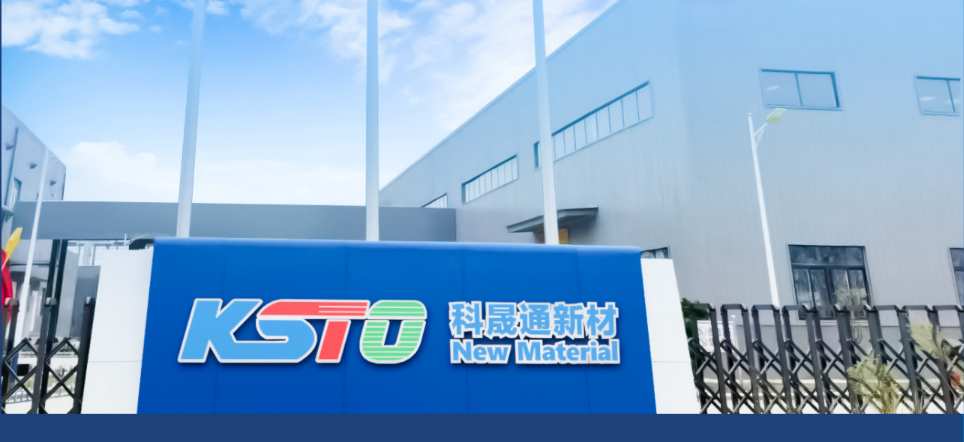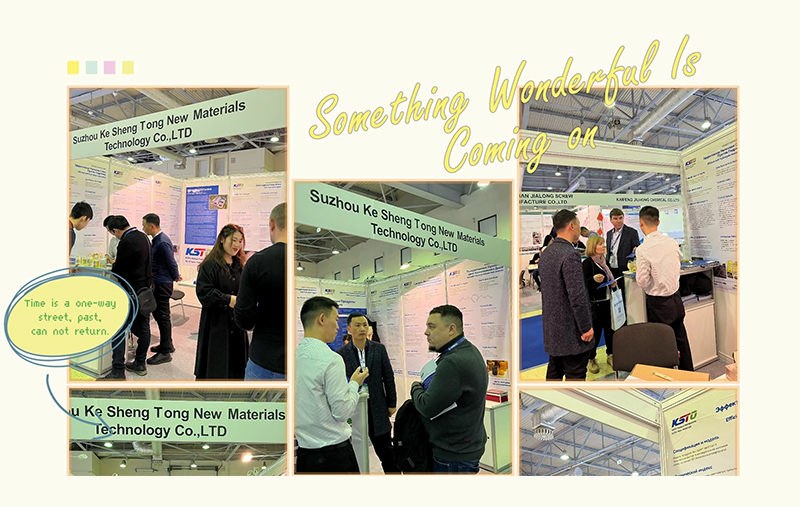
Strengthen Your PET Performance
PET Chain Extenders
Our polyester chain extenders are engineered additives designed to rebuild and enhance molecular chains in polyesters (PET, PBT, PBAT), improving melt strength, mechanical properties and processability with very low dosing. Available as epoxy-functional polymers and complementary amine/diol chemistries, they suit extrusion and compounding on single- or twin-screw lines. Typical addition levels are small (0.2–1.0%) for measurable reductions in melt index and superior end-product performance.

Versatile Use Cases
EPO-HCA™ 3130 is a blended polymer with epoxy functional groups and
ring-containing group ring-opening accelerator.It mainly applied in
polyester and biodegradable resin, improve resin molecular chains,
reduces melt index, and improves processing performance. EPO-HCA ™
3130 is usually extruded in combination with resins by use singlescrew, twin-screw extruders. In biodegradable plastics such as PET,
PBAT, PLA, and PBS, the specific dosage can be determined according
to the actual resin indicators and product performance requirements.
The conventional addition amount is: 0.2-1.0%.
PET Bottle/Film Grade Resin
Small-dosage chain extenders react with terminal carboxyl/hydroxyl groups to increase intrinsic viscosity and melt strength, reducing die-lines and improving stretchability and dimensional stability in PET bottles and biaxially-oriented films.
Engineering Film and Sheet
In PBT compounding, extenders restore molecular weight lost during processing, improving tensile strength, impact resistance and thermal stability—facilitating higher performance parts for connectors, housings and automotive components.
Biodegradable Polyester (PBAT/PBAT Blends)
When compounding PBAT or PBAT-modified formulations, chain extenders improve melt viscosity and mechanical retention at elevated temperatures, enabling film, compostable packaging and blown film processes with better strength and process window.
Polyester Fiber & Yarn Spinning
Chain extenders increase polymer chain length and uniformity, enhancing spinnability, filament strength and elongation control—resulting in more consistent fibers and reduced broken ends during high-speed spinning or texturizing.
Why Choose Us
Boost polyester molecular weight, process stability and mechanical performance with low-dose, thermally stable chain extenders for industrial extrusion and compounding.

Process & Thermal Stability
Epoxy-functional extenders (e.g., EPO-HCA™ 3130) deliver excellent heat resistance and a stable processing window. Their reactive epoxy groups open readily and graft onto polymer chain ends during extrusion, lowering melt index while maintaining flowability for extrusion and injection processes. The result is improved melt strength without significantly altering downstream processing parameters—ideal for long runs and demanding thermal cycles.

Mechanical & Compatibility Gains
Chain extenders enhance interchain connectivity, translating into higher tensile and impact performance, better toughness and reduced brittleness. They also improve compatibility in blended polyester systems (e.g., PET/PBAT or PET with regrind), reducing phase separation and improving surface finish. Because effective dosing is low (commonly 0.2–1.0%), manufacturers get clear property gains with minimal formulation disruption.

Recycling & Regrind Compatibility
Chain extenders improve compatibility between virgin polyester and recycled content by chemically re-linking degraded chains and capping reactive end-groups. This reduces viscosity loss and phase separation during reprocessing, enabling higher percentages of post-consumer or post-industrial regrind while preserving tensile strength, elongation and surface quality. As a result, manufacturers can increase recycled content without major process changes or sacrificing product performance — a practical route to cost savings and improved sustainability.
Helpful Answers
Q1: What does a chain extender do?
A1: Rebuilds polymer molecular chains by reacting with end groups, increasing melt strength and mechanical properties at low addition rates.
Q2: How much extender should I add?
A2: Typical dosages are 0.2–1.0% by weight; optimal level depends on resin grade, target IV/melt index and processing conditions.
Q3: Which equipment is required for addition?
A3: Extenders are commonly added during extrusion or compounding using single- or twin-screw extruders; good dispersion and temperature control are important.
Q4: Can I use chain extenders with recycled PET?
A4: Yes — extenders are commonly used to restore IV and melt strength in recycled PET, improving processability and mechanical properties; trial runs are recommended.
Q5: Will extenders change part color or clarity?
A5: Typically minimal, but some formulations may slightly yellow; conduct color/clarity tests at target dosage and adjust stabilizers or pigments as needed.
Q6: Are these extenders food-contact safe?
A6: Food-contact suitability depends on the specific extender grade and local regulations; request regulatory documentation and migration test data before use in food packaging.
Get Technical Assistance
Need specification or trials? Our technical team can help.
Mob:+86-512-66706407
E-mail:service@kstoantihydro.com


